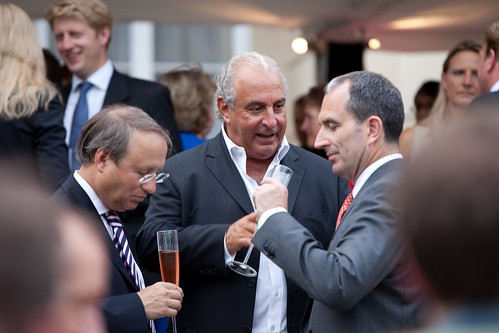Philip Green, a British retail tycoon, lost a legal case against the UK on Tuesday. The case concerned the use of parliamentary privilege, which publicly named him in 2018 as facing allegations of sexual harassment.
Green, once a prominent businessman, was named in parliament. He had sued to stop publication of the allegations after obtaining an interim injunction against the Telegraph newspaper.
Labour politician Peter Hain used parliamentary privilege. This privilege allows members to “speak freely and their comments to be reported by the media without fear of being sued” to name Green.
Green complained to the European Court of Human Rights. He alleged that the lack of controls on parliamentary privilege to reveal information subject to an injunction breached his right to privacy.
The court ruled against Green on Tuesday. The ruling stated that it is “for national parliaments to assess the need to restrict conduct by their members”.
The court also rejected Green’s complaint by a 5-2 majority. He claimed that his inability to bring a claim against Hain breached his right to access a court and have an effective remedy.
A court spokesperson said the parties have three months to decide whether to appeal the decision to the court’s grand chamber for a final ruling.
Green became a well-known retail tycoon after he bought department store group BHS in 2000 and Topshop owner Arcadia in 2002.
He was dubbed the ‘king of the high street’ and Queen Elizabeth knighted him. However, his reputation was damaged by the collapse of BHS. He had sold the chain for one pound in 2015 to a businessman who had previously been declared bankrupt.
The Telegraph sought to publish allegations of sexual and racial harassment against employees in 2018. Green denied these allegations.
Click here for more Corporate news.


